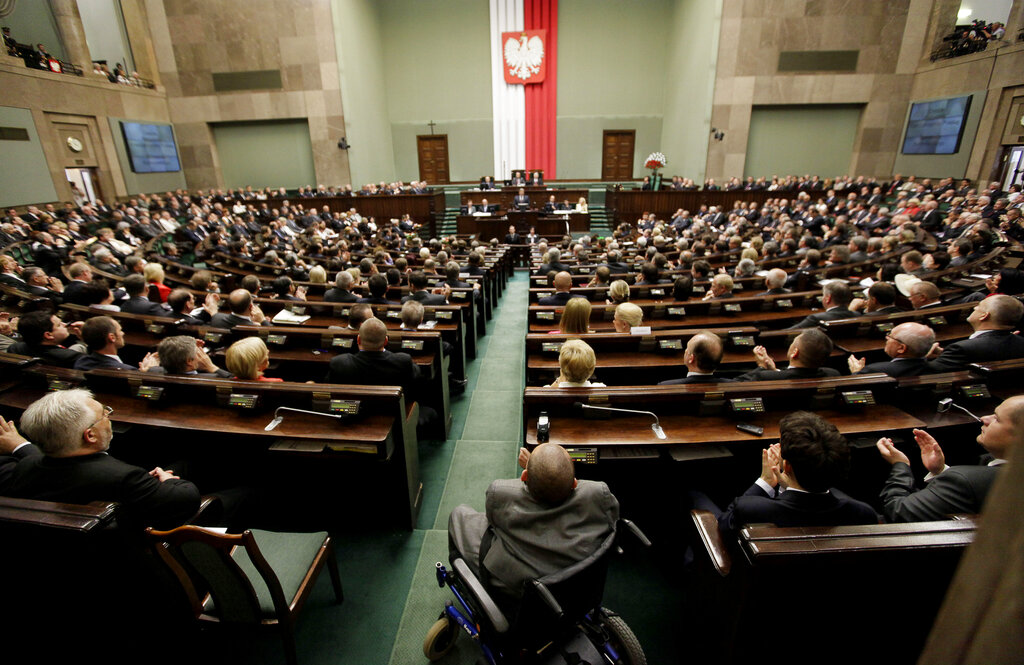The parliamentary elections are behind us, but their outcomes and the distribution of seats in the next Sejm are not without issues for the opposition, which is made up of Civic Coalition, Third Way, and New Left. It is almost certain that the opposition may have a parliamentary majority and can form a new government. If the election winner, Law and Justice (PiS) fails in the mission to form a government, and it is highly likely, then the opposition will be entrusted with this mission.
The problem is that none of the parties promising to form a ruling coalition won the Oct. 15 elections.
The winner was Law and Justice (PiS). In free Poland, this situation occurred only once, in 1991, after the first free elections after 1945. And then the government of Jan Olszewski was a minority from the beginning and lasted the shortest time in the history of the Third Republic — just over half a year.
Apart from Jan Olszewski’s government, no other government in the history of the Third Republic was formed (designating a prime minister for the first time) by a party that did not win the elections. This is not only of psychological significance but also shows a certain weakness at the start of a new term.
The current government is now being formed by the losers, not the winner.
Even if they can form a majority in the Sejm, there is a certain psychological element of being defeated, especially since Donald Tusk returned from Brussels to Polish politics in July 2021 to win — to erase the stigma of being a loser. Now, over two years later, he was defeated again.
During the election night, Tusk swore that he “had never been so happy about this second place,” but it does not change the fact that he lost the elections when he was supposed to win. So, it’s not a “pretend” second place, it’s a very real second place.
Essentially, Władysław Kosiniak-Kamysz and Szymon Hołownia won the elections, although their Third Way is only in third place on the podium. Thanks to them, there wasn’t a single list and such a defeat that would prevent the opposition from forming a parliamentary majority. So, the Third Way saved Tusk, even though Tusk’s party got significantly more seats. This gives the Third Way a strong negotiating mandate in forming the new government, including its leader.
As important as the fact that the parties that can form a Sejm majority didn’t win the election is the fact that never in the Third Republic was there such a strong opposition party as PiS (a block of various parties is not the same) – almost 200 seats in the Sejm in the hands of a single opposition party is a force that no parliamentary majority has confronted before.
You can have a significant majority in the Sejm and have problems with a very strong opposition, especially given the way laws are passed in Poland. Even if the opposition manages to form a government and maintains a parliamentary majority, it won’t be a three-fifths majority (276 seats), which would help them overcome a presidential veto.
The losing winner, PiS, is no reason for triumphalism and an announcement of omnipotence. On the other hand, creating the strongest opposition (when it comes to a single party) in the history of the Third Polish Republic, is no reason for mourning either.
Instead, it is an invitation to act in such a way that you remain in opposition for as short a time as possible and do as much during that time to make the ruling party feel that they didn’t actually win the election, even if they were able to form a majority. Voters must also be pushed to realize this and correct their preferences at the next opportunity.





